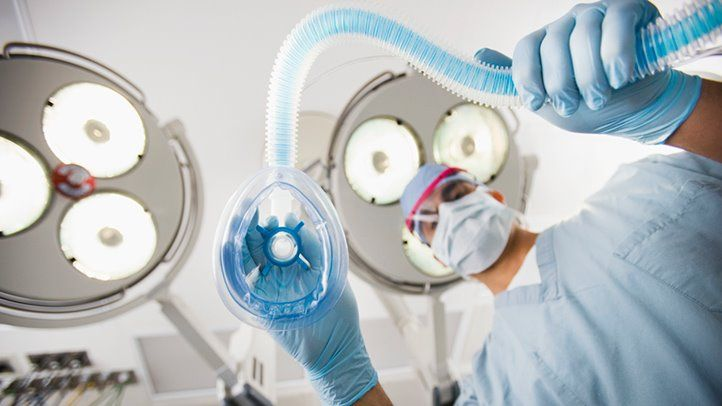Is anesthesia dangerous?

Introduction
Anesthesia is a medical technique that is used to temporarily eliminate or reduce sensation, including pain, in a specific part of the body or the entire body during medical procedures.
Anesthesia is administered by an anesthesiologist or anesthetist and can be administered in various forms, such as local, regional, and general anesthesia. While anesthesia is considered safe, some potential risks and side effects are associated with its use.
Risks and Side Effects
The most common risks and side effects associated with anesthesia include allergic reactions, nausea and vomiting, and respiratory problems. In rare cases, patients may experience more serious complications such as heart attack, stroke, or nerve damage.
Patients with certain medical conditions such as heart disease, lung disease, or obesity may be at a higher risk of complications from anesthesia. Additionally, older adults and children may also be at a higher risk of complications from anesthesia.
It’s important to discuss the risks and benefits of anesthesia with your healthcare provider before a procedure, particularly if you have any underlying medical conditions or if you are older or a child.
Safety Measures
Anesthesiologists and anesthetists take several safety measures to reduce the risks associated with anesthesia. These include monitoring the patient’s vital signs during the procedure, adjusting the anesthesia as needed, and having a team of trained healthcare professionals available to respond to any complications that may arise.
It’s important to provide your anesthesiologist or anesthetist with a complete medical history and list of medications you are taking, as some medications may interact with anesthesia.
Conclusion
Anesthesia is a medical technique that is used to temporarily eliminate or reduce sensation, including pain, in a specific part of the body or the entire body during medical procedures. While anesthesia is considered safe, some potential risks and side effects are associated with its use. Patients with certain medical conditions, older adults, and children may be at a higher risk of complications from anesthesia. It’s important to discuss the risks and benefits of anesthesia with your healthcare provider before a procedure and provide your anesthesiologist or anesthetist with a complete medical history and list of medications. Anesthesiologists and anesthetists take several safety measures to reduce the risks associated with anesthesia.